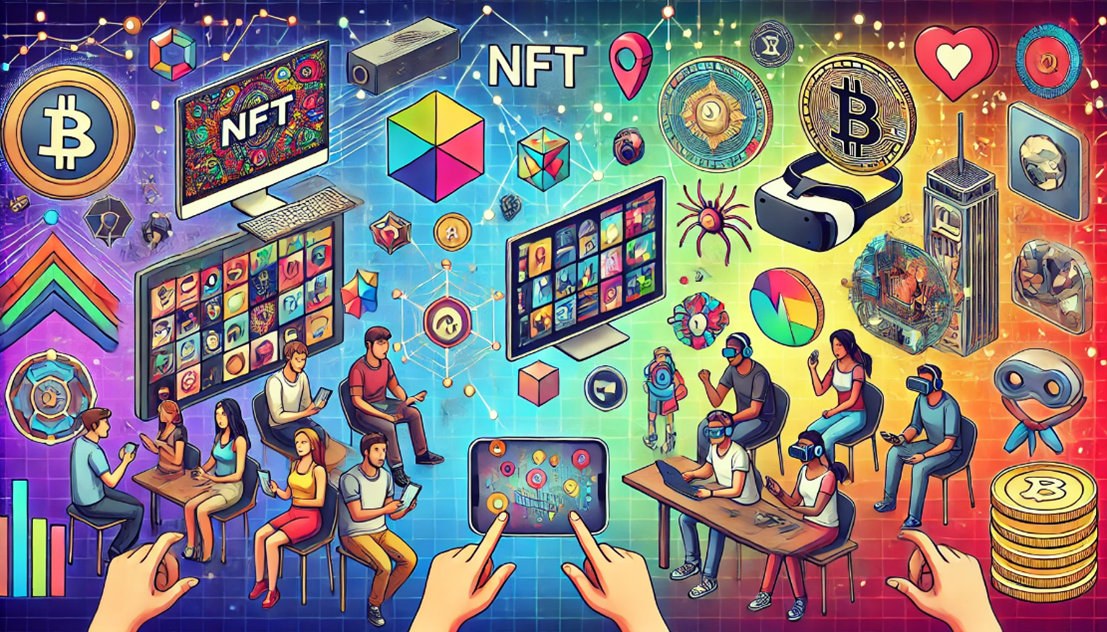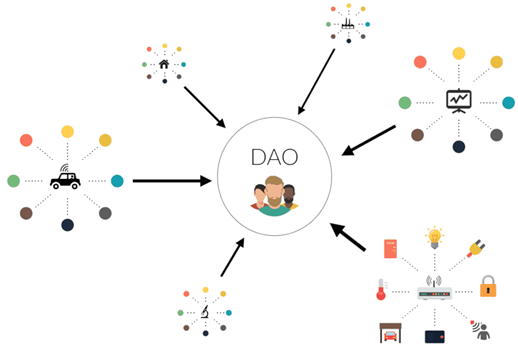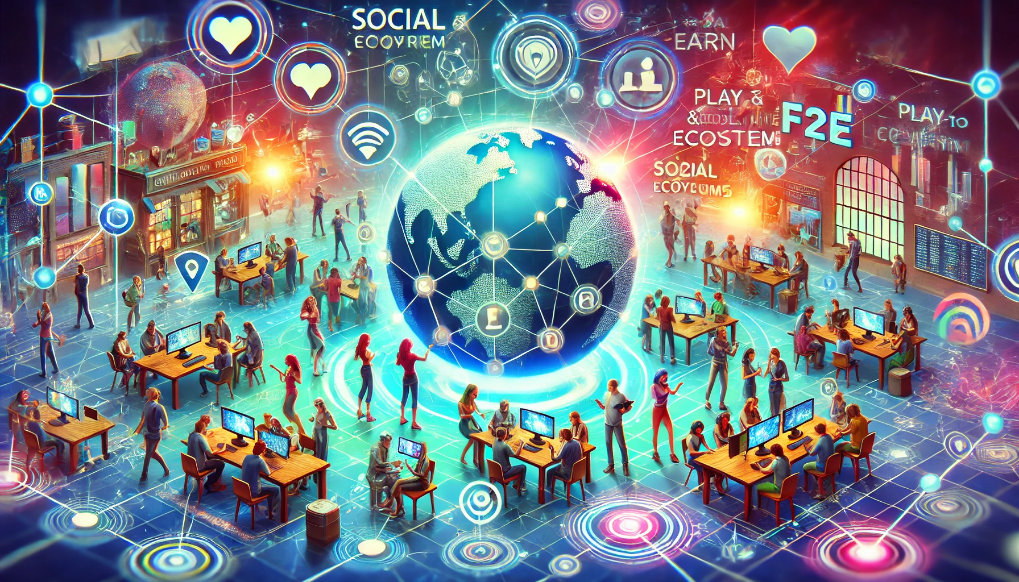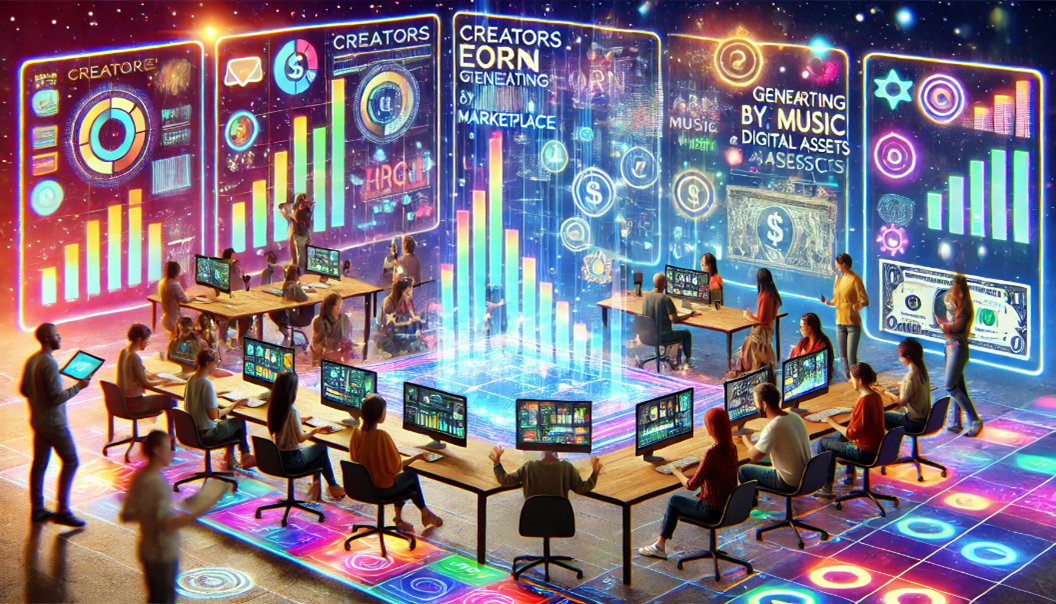The future of regulation in the P2E space

The future of regulation in the P2E space
by Maximilian 04:08pm Jan 15, 2025
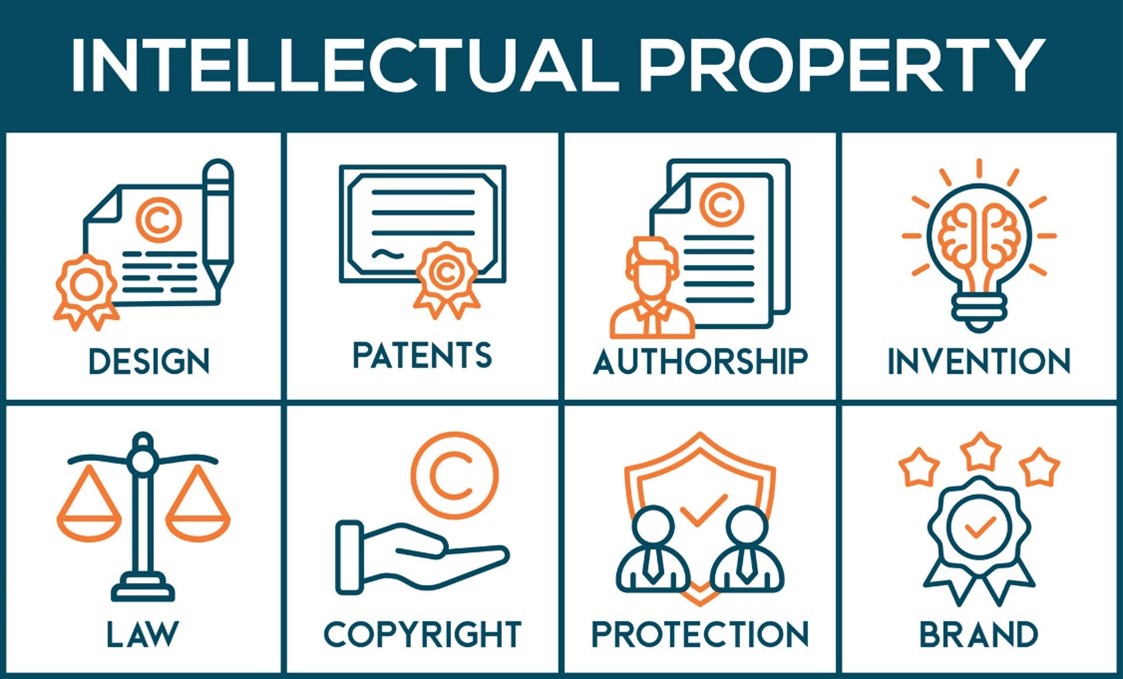
The future of regulation in the Play-to-Earn (P2E) space is likely to evolve significantly as the industry continues to grow and mature. With the integration of blockchain, cryptocurrencies, and NFTs into gaming, regulators around the world are increasingly turning their attention to this sector. The P2E model, which blurs the lines between entertainment, finance, and investment, raises various legal, financial, and consumer protection concerns that will likely lead to more structured and comprehensive regulation.
Here are several key areas where regulation in the P2E space is expected to evolve in the near and distant future:
1. Clarification of Securities and Financial Regulations
Securities Classification: One of the most significant challenges facing the P2E space is the question of whether in-game tokens or NFTs should be classified as securities. The U.S. Securities and Exchange Commission (SEC) and other global regulators are increasingly focusing on whether these digital assets meet the criteria for securities under existing laws. The future of P2E regulation may involve clear guidelines around the classification of digital assets in games, defining what constitutes a "security" in the gaming context.
Impact: If tokens and NFTs are classified as securities, it could require developers to adhere to complex financial regulations such as registration, disclosure, and reporting obligations. This could significantly affect the operational model of P2E games, as developers may need to provide greater transparency to investors and users.
Cross-Border Harmonization: Regulators from various countries will likely work together to establish cross-border frameworks to address the global nature of the P2E ecosystem. This would involve creating common standards and best practices to avoid regulatory arbitrage and ensure consistent enforcement.
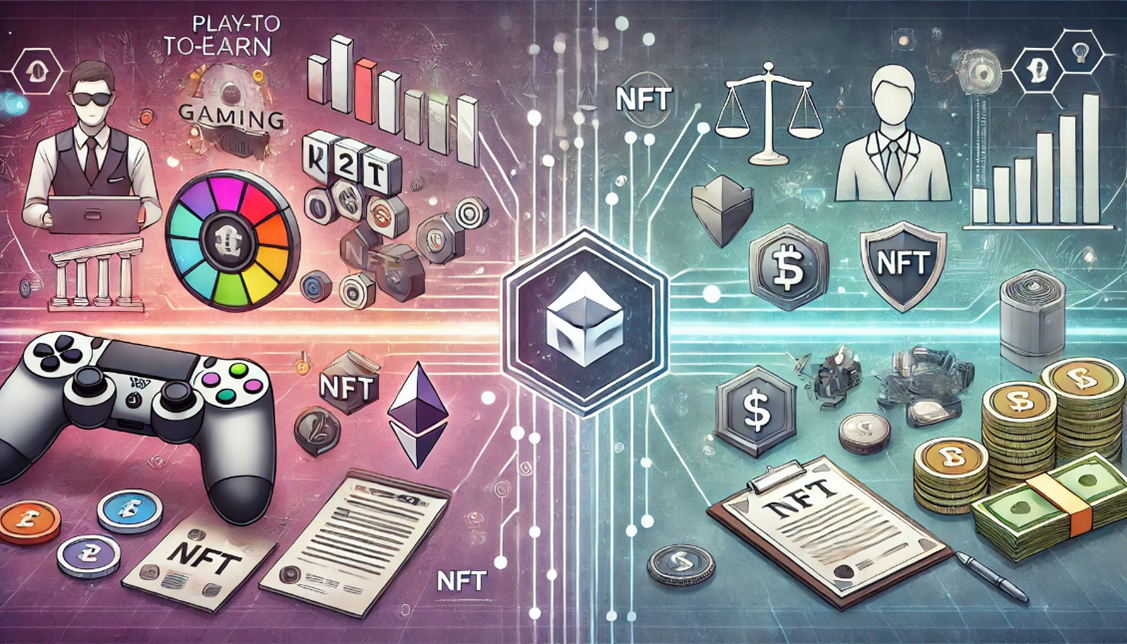
2. Consumer Protection and Transparency
Disclosure and Transparency: As players increasingly invest real money in P2E games, the need for transparency around in-game economies, tokenomics, and reward structures will grow. Regulators are likely to impose requirements for game developers to disclose detailed information about how in-game assets, tokens, and NFTs are valued, how rewards are distributed, and how the game’s economy works. This is especially important in preventing "pump-and-dump" schemes, misleading tokenomics, or "rug pulls" (where developers abandon the project and take the funds with them).
Consumer Education: Regulators may also push for educational initiatives to ensure players understand the risks involved in investing in P2E games, especially as some aspects of the market (e.g., volatile crypto prices or NFTs) can be speculative and high-risk.
Protection from Scams and Fraud: The P2E space has seen its fair share of fraudulent projects and scams. Future regulations may include stronger consumer protections to prevent exploitation by malicious actors, including rules that hold developers accountable for misleading practices or failures to protect player assets.
3. Taxation and Financial Reporting
Tax Clarity: As players and developers increasingly use cryptocurrencies and NFTs in P2E games, governments are likely to impose clearer tax frameworks. Players will likely be required to report earnings from digital assets, and capital gains taxes may apply when they sell or trade in-game tokens or NFTs. For developers, taxation could involve compliance with corporate tax laws for earnings derived from in-game transactions and NFTs.
International Coordination: Countries will likely work to harmonize tax laws concerning virtual currencies and NFTs. This will help prevent double taxation, ease the reporting process for players, and provide developers with clear guidance on their tax obligations.
Transaction Monitoring: Governments may implement more stringent monitoring of transactions involving cryptocurrencies or NFTs in P2E games, especially if these assets are traded across borders. This could include requirements for developers to provide reporting on the flow of assets, potentially leading to more compliance measures to ensure tax transparency.

4. Anti-Money Laundering (AML) and Know Your Customer (KYC) Regulations
AML/KYC Compliance: As P2E games continue to involve cryptocurrency transactions, regulators will likely enforce stronger AML and KYC requirements for platforms that facilitate transactions. Developers may need to verify the identities of players and ensure that no illegal or illicit activity (such as money laundering or financing terrorism) occurs within their games. This could include implementing robust identity verification processes and transaction monitoring.
Global AML Standards: Many P2E games operate in multiple countries, so global coordination in AML standards could emerge. Regulatory bodies might establish uniform global standards for crypto-related games to help prevent money laundering and other financial crimes.
Regulatory Enforcement: Developers might also face legal consequences if they fail to comply with AML/KYC laws, especially if their platforms are used for illegal financial activities. This could lead to fines, sanctions, or even bans in certain jurisdictions.
5. Intellectual Property (IP) and Ownership Rights
Clear Ownership Frameworks for NFTs: One of the key legal questions in the P2E space revolves around the ownership and transfer of NFTs and in-game assets. Regulators will likely work to clarify the intellectual property rights associated with NFTs in P2E games, including whether players truly own the digital items they acquire and the extent to which they can resell or transfer them.
Licensing Agreements: Developers may be required to adopt clear licensing agreements that specify the rights players have over the digital assets they purchase, mint, or earn. This could address issues like copyright infringement and the ability of players to use NFTs outside of the game ecosystem.
Protection of Game Assets: Regulators may establish rules to ensure that developers maintain their rights to control certain aspects of the game, especially when it comes to using third-party assets (e.g., licensed music or branded characters). This would help avoid IP conflicts between developers and players or third-party content creators.

6. Gambling and Betting Regulations
Classification of Games as Gambling: Some P2E games have elements of chance, such as random rewards, loot boxes, or staking for rewards, which could bring them under the purview of gambling regulations in certain jurisdictions. In the future, developers may face the challenge of complying with gambling laws, particularly if the game’s reward system is deemed to be based primarily on chance rather than skill.
Licensing Requirements: If a game is classified as gambling, developers may be required to obtain gambling licenses in multiple jurisdictions to operate legally. This could involve adhering to strict regulations around fairness, age restrictions, and payout transparency.
Responsible Gaming Measures: Regulators may also require P2E developers to implement responsible gaming measures to protect players from addictive behaviors, especially as financial incentives are tied to gameplay. This could include introducing player limits, warning systems, and offering resources for players experiencing gambling problems.
Conclusion
The future of regulation in the P2E space is likely to involve a combination of clearer legal frameworks, stricter consumer protections, and more transparent operational practices. As the industry continues to evolve, it will be shaped by a mix of financial, consumer protection, tax, and environmental regulations, alongside the growing need for international coordination. Developers and players alike will need to stay informed and adapt to these changes as they navigate the complex legal landscape of the P2E ecosystem.
Proactive regulation will help ensure that the P2E model remains sustainable and fair, while also protecting players and creating a safer, more transparent environment for everyone involved.



